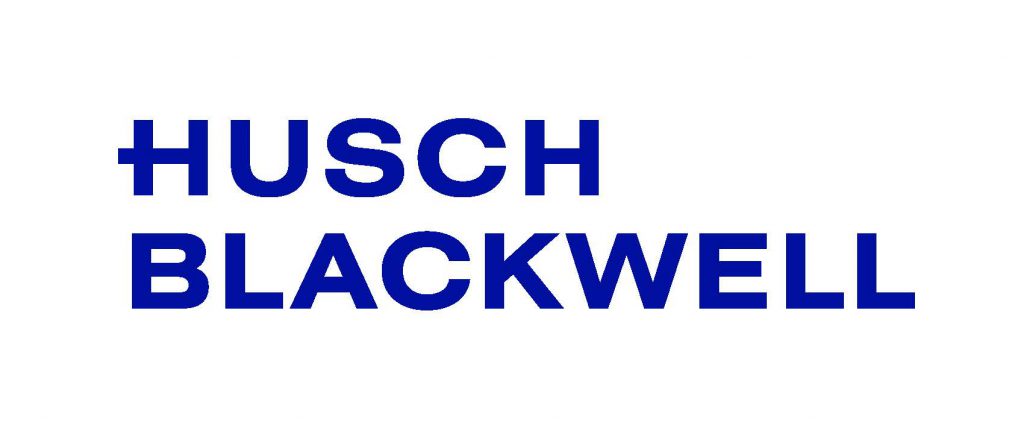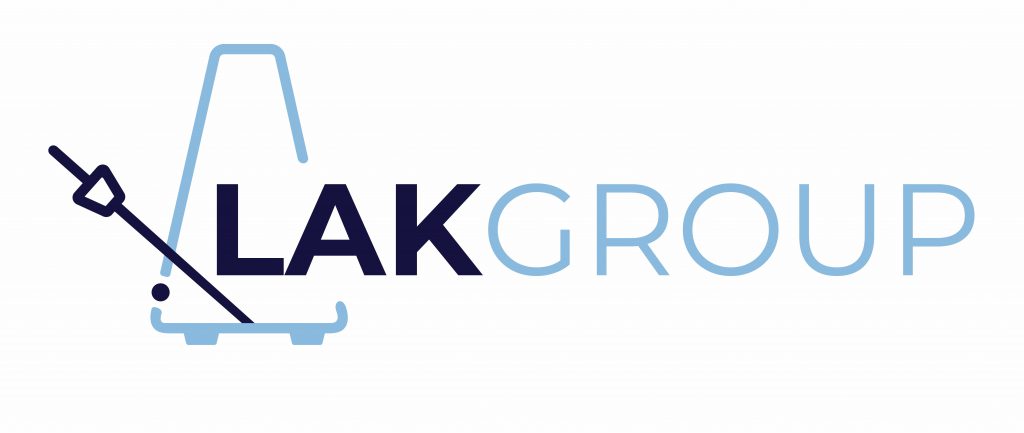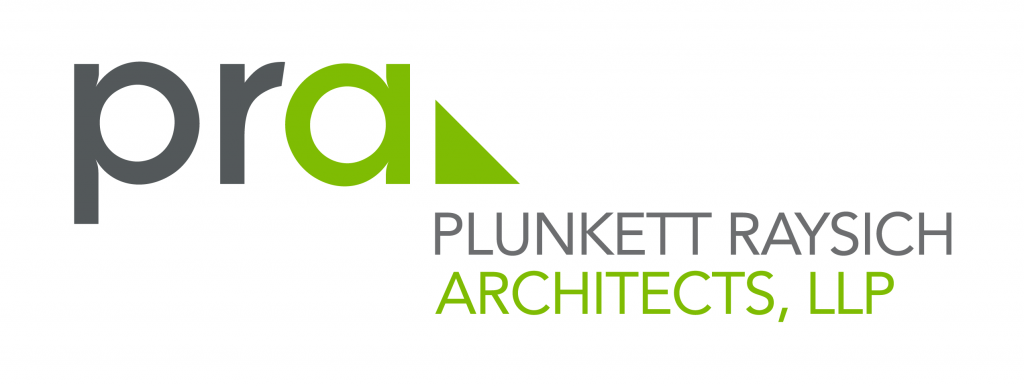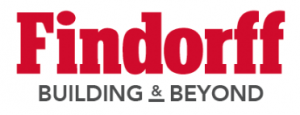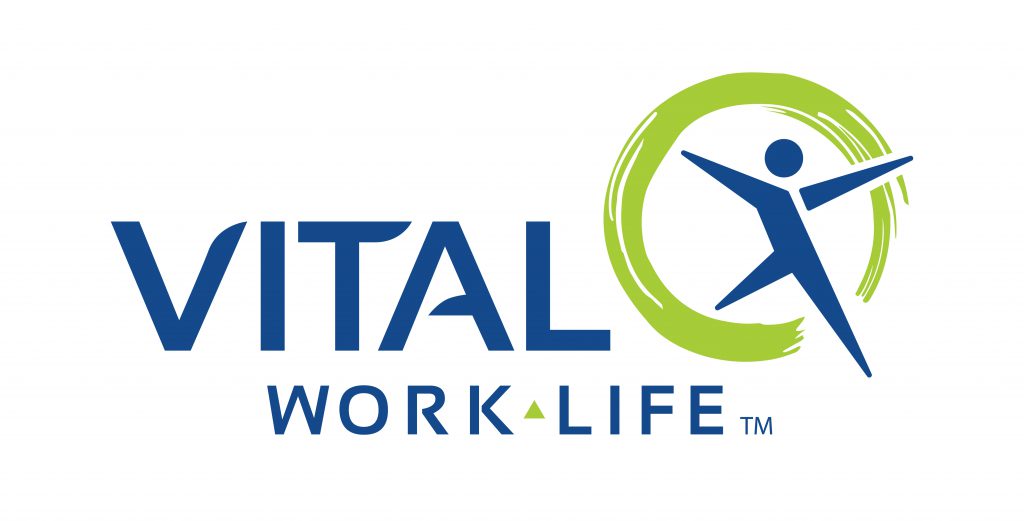We encourage chapter members to not only take the next important step in their careers by advancing to Fellow status but also take advantage of our Board of Governors Exam fee waiver offer (a savings of $225). To receive the waiver, qualified Members must submit their completed Fellow application, $250 application fee and all required documents by June 30. Visit ache.org/FACHE to learn more.
Chapter Member Needs Survey
On May 3, ACHE launched the annual Chapter Member Needs Survey, which will give you a chance to provide feedback on the ACHE programs and services. This survey is sent out via personalized emails containing links to our survey provider’s website. Please be aware the survey link is specific to the member—it cannot be forwarded to other individuals. It will be sent to all members who can receive emails from us if they have been a member of your chapter for at least a year. Reminder emails are scheduled for May 10 and May 17. Data collection will close on May 21.
Reminders:
- The survey was sent on May 3 to members who have been in the chapter for at least a year.
- Please check your spam consoles first if you do not receive the survey email. When our survey emails are blocked by other organizations, the email is often found in the organization’s spam console.
- Please inform the Wisconsin chapter if you did not receive the survey and if you could not find it in their spam folders.
Student Spotlight – Katie Sanborn
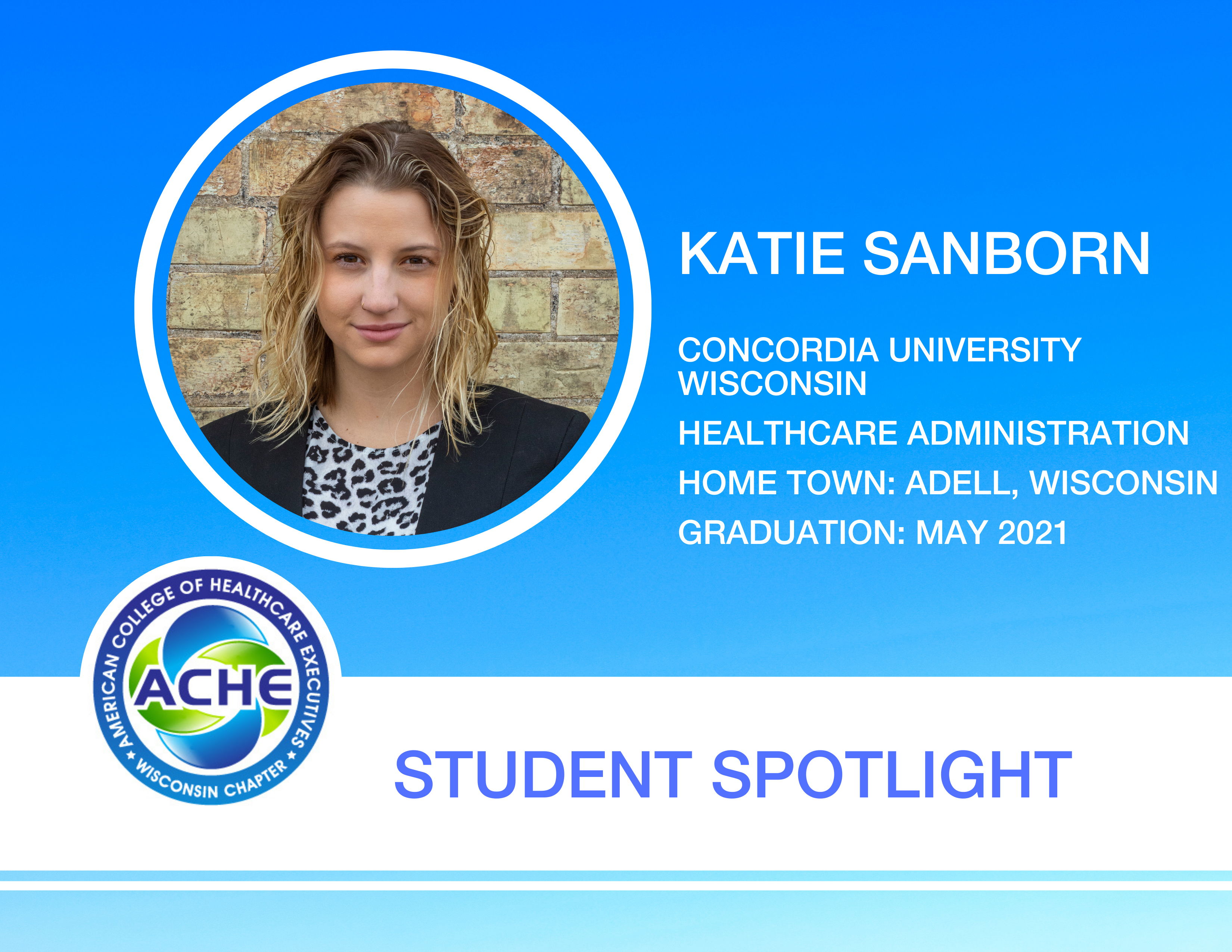
What are your short term career goals?
My short term goals include graduating in May 2021 from Concordia University with a degree in Healthcare Administration. I continue to actively pursue new organizational and healthcare management experiences through my internship in the Concordia University Pro Bono Clinic as well as being the current president of our healthcare group on campus (in Next Generation Healthcare Leaders.)
How has ACHE been valuable to you?
ACHE has provided opportunities to access healthcare industry best practices and trends through various events, guest speakers, networking, and mentoring opportunities. Each opportunity has provided additional educational opportunities outside my college courses.
Who has been the most influential person in your career progression?
To name the most influential person is difficult as so many individuals have played such an active and supportive role in my career
(professors, fellow NGHL/ACHE team members and leaders). My current mentor Emily Dilley, Director of Marketing and New Program Development at Prairie Ridge Health has been a trusted adviser and role model this current year. Emily has provided valuable insight, direction, and guidance allowing me to establish my own sense of direction within my college and healthcare career. I deeply value the working relationship Emily and I have formed and the knowledge and expertise she has shared with me.
What is something that you are working on recently that you are excited about?
This past semester I have had an internship opportunity to work in the Concordia University Pro Bono clinic. Working with clients as well as internal staff has allowed me the opportunity to incorporate my analytical, communication, interpersonal, and critical thinking skill set in my day to day interactions and projects. My time spent working in the Pro Bono Clinic has provided a better understanding of safety, quality, patient, and caregiver engagement.
What is the best gift that you ever received?
The best gift I ever received was being blessed with the gift of family. I was fortunate enough to be raised in a loving and supportive multi-generational family. I recently lost my Great Grandmother at the age of 98. Living with those who have come before you opens your eyes and most importantly your heart to embracing an individual at every step in the journey we call life. The gift of my multi-generational family lead me to a career in health care. Knowing we are all God’s children, a “family in Christ” drives my daily interactions. We are all here to serve one another through action, word, and deed a precious gift indeed.
ACHE Executive Program—Scholarships Available
The ACHE Executive Program will be offered through a series of interactive virtual course work, panel discussions, professional leadership assessments and individualized coaching/career advising sessions.
The Executive Program is divided into three cohorts designed for director and vice president-level leaders (executive cohort), senior vice presidents and those taking their next steps to C-suite (senior executive cohort), and physician leaders who are transitioning to administrative roles (physician executive cohort).
Program attendance is limited to maintain an intimate learning environment. A limited number of scholarships are available for individuals whose organizations lack the resources to fully fund their tuition. Scholarship applications are due April 23. For more information, please contact your regional director.
Fund for Healthcare Leadership
Please consider donating to the Fund for Healthcare Leadership in 2021. The Fund wholly supports the Thomas C. Dolan Executive Diversity Program and provides scholarships to talented individuals who lack the resources to acquire the skills and training needed to effectively lead through today’s challenges and into the future.
Board of Governors Exam Fee Waiver Campaign Runs Through June 30
Take the next important step in your career by advancing to Fellow status and take advantage of our Board of Governors Exam fee waiver offer (a savings of $225). To receive the waiver, qualified Members must submit their completed Fellow application, $250 application fee and all required documents by June 30. Visit ache.org/FACHE to learn more.
New Opportunity For Diverse Executives
In 2021, the Thomas C. Dolan Executive Diversity Program is expanding with the Career Accelerator Program. This new component is designed for diverse mid-careerists to help advance their careers. This six-month program will provide education, mentoring and networking to prepare diverse leaders for higher level positions in hospitals, health systems and other healthcare organizations. The program will include career development assessments, specialized learning opportunities and interactive virtual networking.
The application period for the 2021 Dolan CAP will open in early April and the program will begin July 1.
Connect With Fellow Members
We are pleased to offer members three new, free online communities for physician executives, Asian healthcare leaders and LGBTQ healthcare leaders. The communities’ platform makes it easier than ever for peers to connect in real time, tackle issues together and ask important career-related questions. Members can participate in discussion threads, share resources and best practices, and crowdsource innovative ideas and solutions.
To join, follow these steps:
- Log in to my.ache.org.
- Under “Helpful Links” on the right-hand side, click the last option, “My Communities.”
- Click the “Add” button to choose the online communities you wish to join. An MD or DO degree is required to join the Physician Executive Community.
- Watch your inbox for your welcome email and instructions to access your new community! The email will arrive within 24 hours.
Congress Wrap Up
We had a very successful Congress with more than 9,200 registrations! We hope you enjoyed your education sessions and your conversations with local members in the Chapter Chat Rooms. All members who attended have access to the platform for on-demand viewing until April 20 to earn ACHE Qualified Education credit. Some sessions will be available individually for purchase later—stay tuned for further information.
Here are a few interesting facts from the event:
- 9,234 registrants.
- 127,659 total comments posted on the conversation wall.
- 10,809 total user-to-exhibitor connections.
- 4,076 chat messages posted during sessions.
- 3,665 Fellows in attendance.
- 2,395 responses to polls, quizzes and surveys.
- 1,364 CEOs registered.
- 1,328 attendees at Convocation.
Please mark your calendars for 2022 Congress on March 28-31, 2022.
Get Recognized for Your Healthcare Management Awards
Have your received a healthcare management award? We encourage you to share this with ACHE. Recognition will be the Healthcare Executive magazine. The award must be healthcare management related and from a national, state or regional body. Complete the form to submit information about your award.


